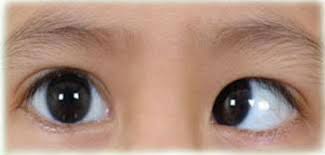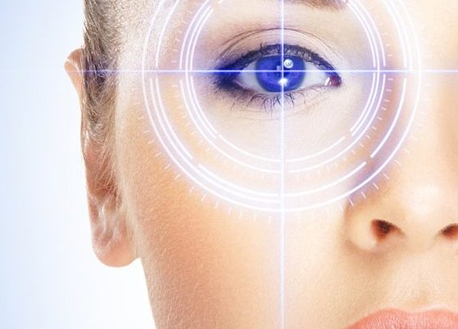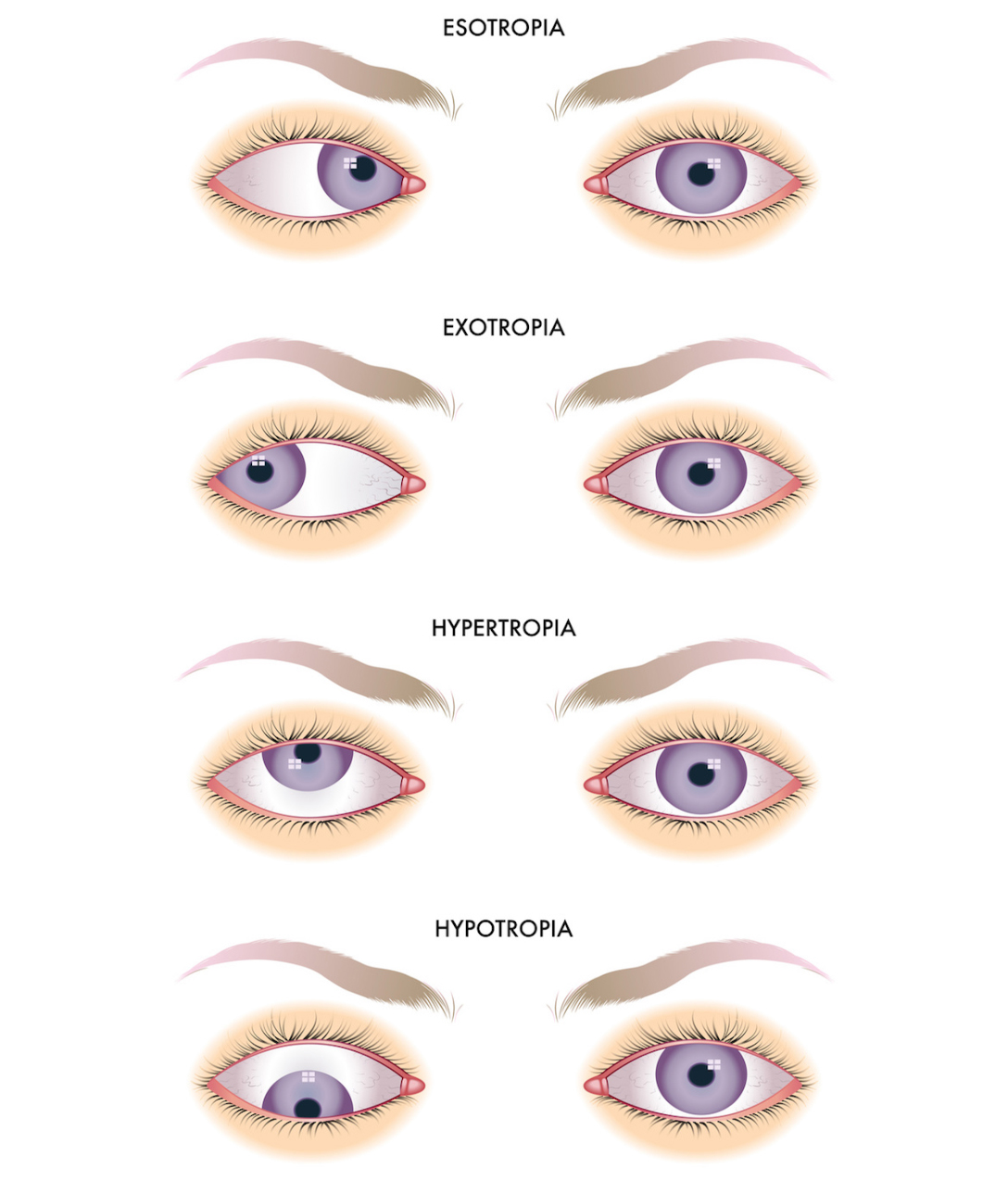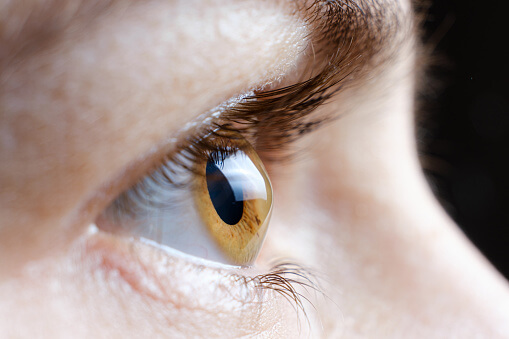The recovery process after cataract surgery is generally straightforward, and most people experience significant improvements in their vision relatively quickly. Here’s what you can typically expect during the recovery period:
1.Immediate Postoperative Period (Day of Surgery):After the surgery, you’ll spend a short time in the recovery area to ensure your vitals are stable. Your eye may be covered with a protective shield or patch to prevent accidental rubbing or injury. You may experience some blurriness, mild discomfort, or a foreign body sensation in the eye immediately after surgery.
2. First Few Days After Surgery: You’ll be prescribed eye drops to prevent infection and reduce inflammation. It’s essential to use these drops as directed by your surgeon. It’s normal to have some redness and irritation in the eye during the first few days. You should avoid strenuous activities, heavy lifting, or activities that could put pressure on the eye. Wearing sunglasses when outdoors can help protect your eye from bright sunlight and dust.
3. Visual Improvement: Many people notice improved vision within the first few days after surgery, but it may take some time for your vision to stabilize completely. Your vision may initially be a bit blurry, but this typically improves as the eye heals.
4. Follow-Up Appointments: You’ll have scheduled follow-up appointments with your eye surgeon to monitor your progress and ensure proper healing. Your surgeon will assess your vision and the health of your eye during these appointments. Additional instructions or adjustments to your eye drops may be given based on your progress.
5. Resuming Normal Activities: Most people can resume most of their normal activities within a few days to a week after cataract surgery. However, it’s crucial to follow your surgeon’s recommendations regarding when you can safely engage in specific activities.
6. Driving: Many patients are able to resume driving within a week or two after surgery, but it depends on the visual acuity requirements in your location. Your eye doctor can advise you on when it’s safe to drive again.
7. Eye Protection: Continue wearing sunglasses in bright sunlight to protect your eyes for several weeks after surgery.
8. Eyeglasses: You may still need glasses for certain activities or for fine detail work, depending on the type of intraocular lens (IOL) implanted during surgery and your individual vision needs.
9.Potential Complications: While complications after cataract surgery are rare, it’s essential to monitor your eye for any signs of infection, increased pain, sudden vision changes, or other unusual symptoms. Contact your surgeon immediately if you experience any of these issues.
The recovery process can vary slightly from person to person, but most people experience a relatively smooth recovery with improved vision. Your eye surgeon will provide you with detailed post-operative instructions and address any questions or concerns you may have during follow-up appointments. If you have any specific concerns about your recovery, it’s best to discuss them with your healthcare provider.
Now you can reach our Dr. Sonia Maheshwari ,Cataract Surgery in Mumbai practicing at Clear Sight Eye care and Laser Center.




